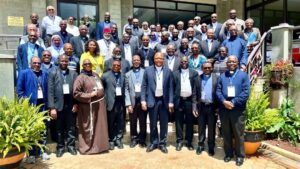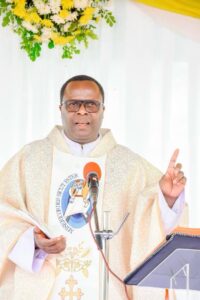KENYA: Hekima Institute for Peace Studies and International Relations Holds 2nd International Conference on Extractive Industries in Africa
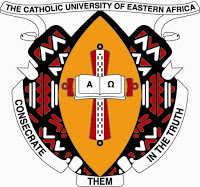
By Pamela Adinda, AMECEA Online News
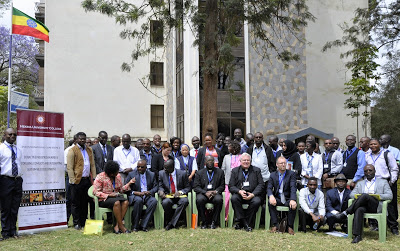 The Jesuits Institute in Nairobi Hekima Institute for Peace Studies and International Relations (HIPSIR) held the 2nd International Conference on Extractive Industries in Africa where the main focus was addressing conflicts and integrating Sustainable Development. The two-day Conference which took place between 4-5 October, attracted participants from 17 African countries, Germany, Italy, India, USA as well as a number of participants from Latin America. All the nine AMECEA Countries were represented and participants from Kenya, Malawi, Uganda and Zambia were among those who presented case studies of the extractive industry situations in their countries.
The Jesuits Institute in Nairobi Hekima Institute for Peace Studies and International Relations (HIPSIR) held the 2nd International Conference on Extractive Industries in Africa where the main focus was addressing conflicts and integrating Sustainable Development. The two-day Conference which took place between 4-5 October, attracted participants from 17 African countries, Germany, Italy, India, USA as well as a number of participants from Latin America. All the nine AMECEA Countries were represented and participants from Kenya, Malawi, Uganda and Zambia were among those who presented case studies of the extractive industry situations in their countries.
According to Rev. Dr. Elias Opongo, SJ, the director of HIPSIR, this 2nd International Conference on Extractive Industries in Africa is part of a series of forums and conferences the institute has had in the past. Driven by the desire to know what is happening in other parts of Africa, the institute in collaboration with African Forum for Social Teaching (AFCAST) carried out a research on informal mining and family vulnerability in Kenya, Zambia and Zimbabwe and the findings demonstrated that within this particular field we are yet to fully engage with the multinationals and companies that are involved in the extractions and also to get the communities aware of the need to respond in a much more effective way and that the benefits from the extractive industries need to trickle down to the communities.
“Africa has large quantities of minerals which include diamond, gold, iron, copper, uranium,and oil. If you
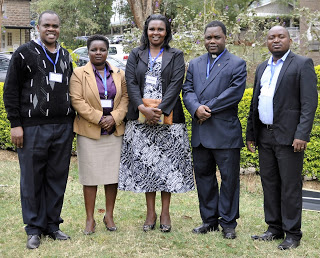
look at just five countries for instance Nigeria, Libya, Algeria Egypt and Angola in total they account for 85% of oil production in the continent,” Dr. Opongo said in his opening remarks that despite of this fact, the income and wealth generated by the extraction and sale of natural resources has not always led to such positive outcomes. In many cases it has in fact led to economic decline and poorer quality of life for many Africans, which some have termed as the “resource curse.”
The objective of the conference was to provide an opportunity for presentation and learning about the wide variety of issues and perspectives involved in resource extraction. For example, he noted that while governments are concerned with obtaining the largest amount of value for the nation, the producers are concerned with their returns on their work and investment, while the local population is concerned with the concrete effects of mining on their neighbourhood, etc. Each of these and other perspectives must be heard and understood if appropriate actions are to become clear.
The understandings and policy outcomes from the conference will be made available to the broader community through the conference report, book publication, and article publications in HIPSIR’s African Peace Studies Journal, as well as ongoing seminars and workshops on the topic.
∽End∽
